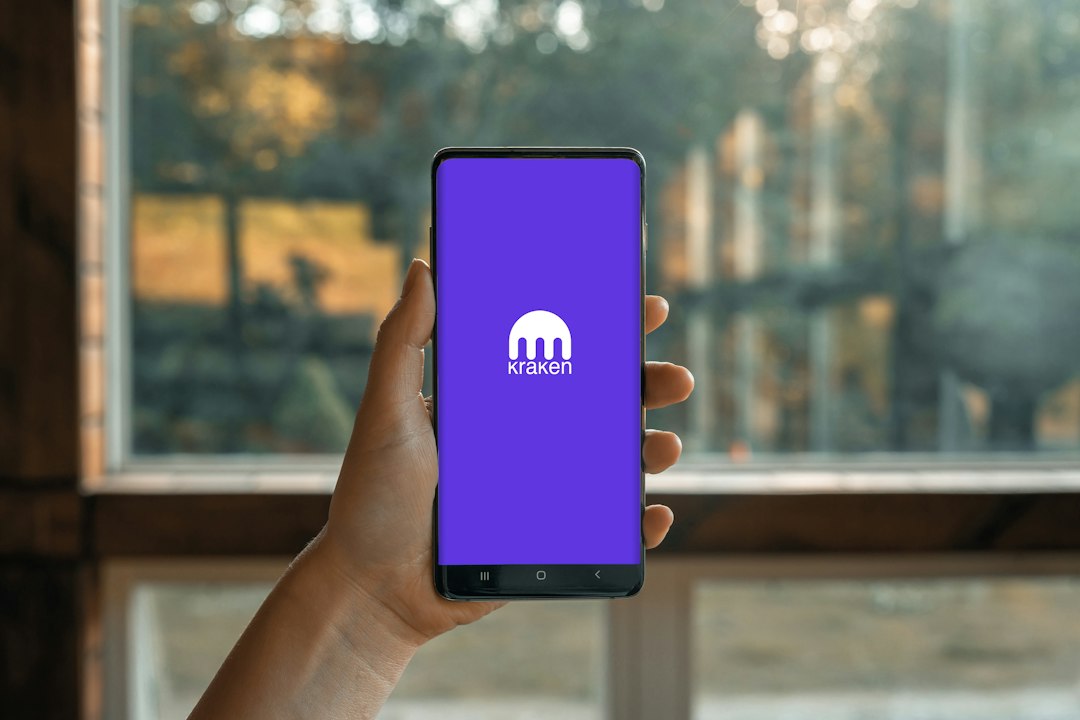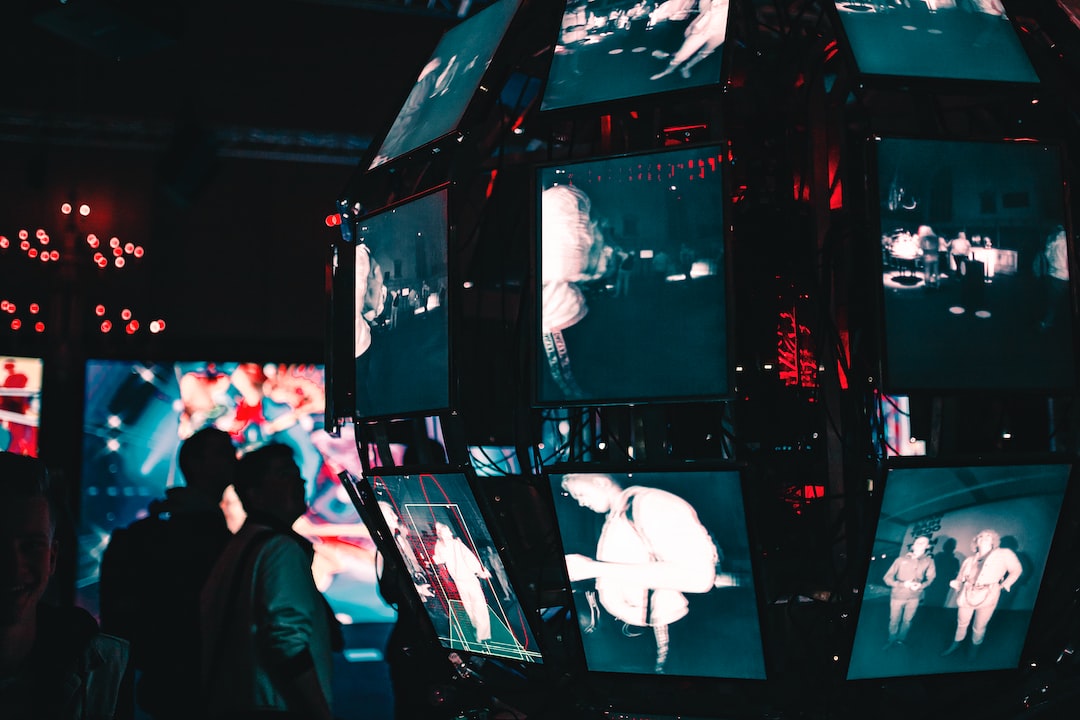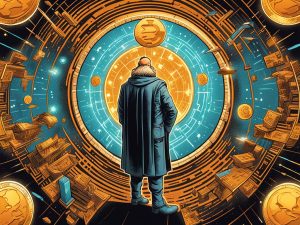“Can AI and Blockchain be Integrated for the Benefit of Mankind?“
It’s no secret that artificial intelligence (AI) and blockchain have become prominent digital technologies that have garnered a lot of attention while also prompting some serious concerns. But can these two technologies work together in a way that advances humanity? You might have your doubts, but there are strong reasons to believe it could be possible.
Vitalik Buterin expressed the viewpoint as early as 2016 that both the crypto and AI communities were dealing with similar problems of regulating complex systems with unpredictability. So it makes sense that these two groups should be collaborating more closely. Fast forward to now, and we are seeing that AI technology is rapidly advancing, leading to increased worries over losing control of autonomous weapons systems. This is where the idea of using blockchains and smart contracts as safeguards to prevent AI models from deviating from their intended course comes into play.
An interesting insight was given by Allison Duettmann, president of Foresight Institute, who acknowledged that everyone in the crypto community has a distinct role to play in helping ensure that the rise of artificial general intelligence (AGI) goes smoothly. And expert predictions have suggested that AGI may become a reality sooner rather than later. A survey of 608 IT leaders in the US, Europe, and China also revealed that almost half of them believe that integrating AI and blockchain technology has the potential to revolutionize various industries for the better.
Fusing AI and Blockchain Technologies
The basic idea being explored here is that the immutable ledgers of blockchains, combined with smart contracts, can potentially enforce responsible artificial intelligence. There’s also a notion that blockchains could serve as a crucial deterrent or even a “kill switch” for out-of-control AI models.
According to a survey by Zogby Analytics, 71% of IT leaders see blockchain and AI as complementary technologies, and 51% of them confirmed that their organizations are currently making efficient use of blockchain in conjunction with AI. The direction in which President Joe Biden is heading, with the issuing of a new executive order for AI safety and security standards, suggests businesses and governments are committed to better regulate these advancing technologies to prevent potential risks.
Blockchain: A Solution to AI’s Black Box Challenge?
But what about the obstacles in terms of ensuring that blockchain technology works alongside AI without running into issues such as scaling? Validating transactions on high-volume decentralized blockchains remains a challenge, but solutions are starting to emerge. Casper Labs is quite optimistic, believing that blockchain is the long-awaited solution for providing much-needed transparency when it comes to the inner workings of AI systems. on its website, It notes that the serialized and time-stamped nature of blockchains can provide the ability to detect adverse AI system behavior and rollback to previous models.
Casper Labs advocates for the use of hybrid blockchains, combining privacy and openness, to address scaling issues. They believe this model provides the best of both worlds, allowing users to control their private blockchains while benefitting from immutability on a public chain when necessary.
Challenges Remain
Despite these potential benefits, it’s important to consider whether blockchain brings enough transparency and oversight to AI’s functionality to give Amid such achievements, concerns remain about the integration of blockchain and AI. Until this integration proves its worth and gains the trust of some AI and blockchain skeptics, its full potential may not be realized to its fullest extent.
Hot Take
Potential Benefits of Integrating AI and Blockchain: A Reality or Just a Dream? While integrating AI and blockchain has its promising aspects, there are also concerns and questions that need to be addressed to ensure this integration can truly benefit humanity in the long run.





 By
By
 By
By
 By
By
 By
By

 By
By